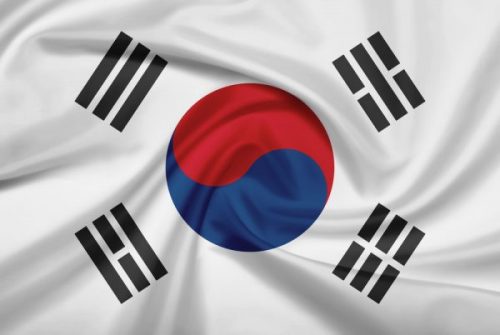
South Korea’s antitrust watchdog, the Fair Trade Commission (KFTC), has given the green light to Kakao’s acquisition of a significant stake in K-pop powerhouse SM Entertainment. However, this approval comes with a condition: Kakao must implement corrective measures to address potential competition concerns arising from the merger.
The KFTC, in its announcement on Thursday, outlined two corrective measures aimed at mitigating apprehensions regarding the consolidation of Kakao, a major IT player known for its music streaming service Melon, and SM Entertainment, one of the biggest names in the K-pop industry.
According to data from the KFTC, Kakao Entertainment’s Melon holds a commanding 43.6 percent share of the domestic music streaming platform market. Concerns were raised that Kakao could leverage its position to dominate the market by withholding music from its subsidiary labels, including SM Entertainment, from other competing platforms. Additionally, there were fears that Kakao might prioritize its own subsidiary labels over others, stifling competition in the process.
Read more: South Korea’s Antitrust Watchdog Probes K-Pop Agencies
To address these concerns, the KFTC has imposed two key corrective measures. Firstly, Kakao is prohibited from unreasonably refusing, suspending or delaying music supply to Melon’s competitors upon their request. This measure aims to ensure fair competition in the digital streaming market.
Secondly, Kakao is mandated to establish an independent oversight body comprising at least five external members. This body will monitor Kakao’s potential favoritism towards its labels, including SM Entertainment. The company must regularly submit reports on music streaming views, rankings, and Melon’s screen layout to this oversight body every six months, with these reports also being filed to the KFTC. If the oversight body detects any preferential treatment, Kakao Entertainment will be required to submit a compliance plan within 30 days.
These corrective measures are set to be in place for a period of three years. However, Kakao retains the option to seek the cancellation or modification of these measures if significant changes occur in market conditions.
Source: Korea Joongang Daily
Featured News
Electrolux Fined €44.5 Million in French Antitrust Case
Dec 19, 2024 by
CPI
Indian Antitrust Body Raids Alcohol Giants Amid Price Collusion Probe
Dec 19, 2024 by
CPI
Attorneys Seek $525 Million in Fees in NCAA Settlement Case
Dec 19, 2024 by
CPI
Italy’s Competition Watchdog Ends Investigation into Booking.com
Dec 19, 2024 by
CPI
Minnesota Judge Approves $2.4 Million Hormel Settlement in Antitrust Case
Dec 19, 2024 by
CPI
Antitrust Mix by CPI
Antitrust Chronicle® – CRESSE Insights
Dec 19, 2024 by
CPI
Effective Interoperability in Mobile Ecosystems: EU Competition Law Versus Regulation
Dec 19, 2024 by
Giuseppe Colangelo
The Use of Empirical Evidence in Antitrust: Trends, Challenges, and a Path Forward
Dec 19, 2024 by
Eliana Garces
Some Empirical Evidence on the Role of Presumptions and Evidentiary Standards on Antitrust (Under)Enforcement: Is the EC’s New Communication on Art.102 in the Right Direction?
Dec 19, 2024 by
Yannis Katsoulacos
The EC’s Draft Guidelines on the Application of Article 102 TFEU: An Economic Perspective
Dec 19, 2024 by
Benoit Durand